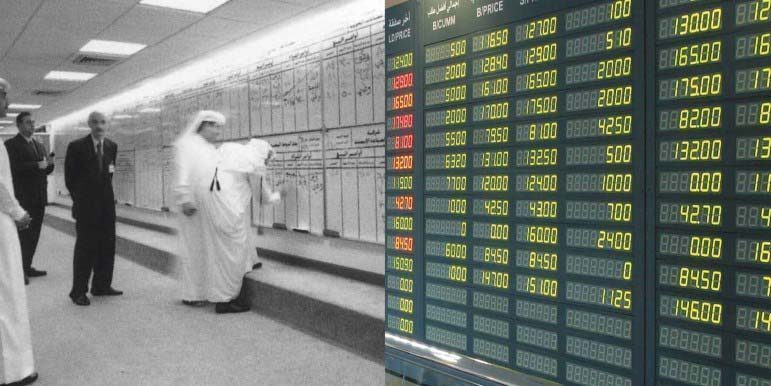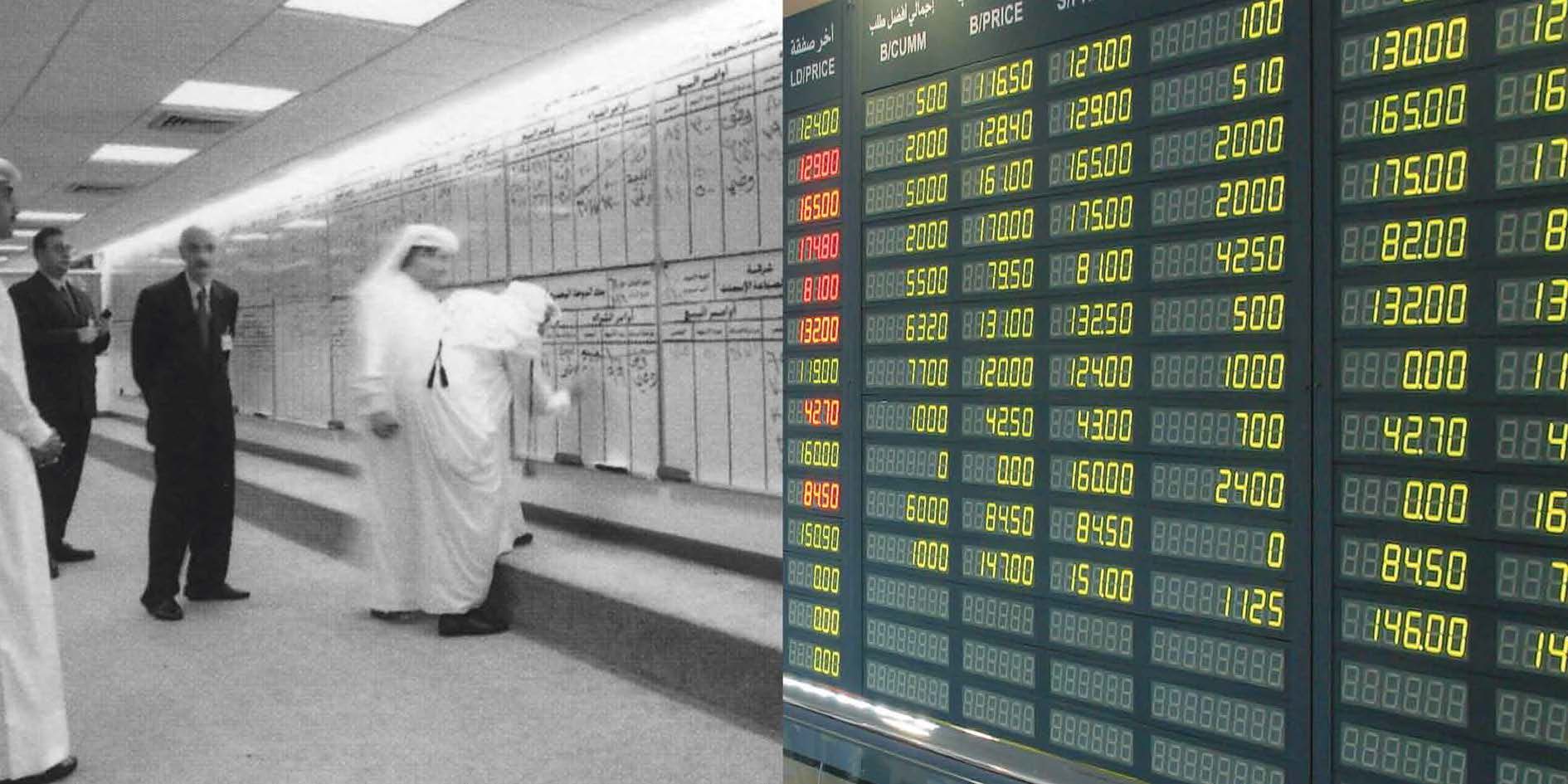
Financial firm Qatar First Bank (QFB) is scheduled to become the first private-sector firm to appear on the Qatar Stock Exchange in six years when its shares start trading this morning, the company has said.
QFB, which was previously known as Qatar First Investment Bank, was founded in 2009 and focuses on Shari’ah-compliant financial and investment services to wealthy individuals and institutions.
It’s the first bank to be added to the exchange in nine years and will trade under the symbol QFBQ.
The company’s chairman Abdulla al-Marri said in December that the company planned to place its existing shares onto the bourse to trade and would not raise additional money from the listing, according to Reuters.
Benefits of listing
The move would allow the company’s existing shareholders an opportunity to cash out on their investment more easily, which is one of the reasons some companies choose to go public.

The higher public profile that comes with a stock market listing is also touted as a way for a company to attract more customers.
“Our listing on the (Qatar Stock Exchange) was always a top priority, and we are proud to deliver on this promise to our shareholders,” Ziad Makkawi, QFB’s chief executive, said in a statement.
QFB reported a profit of QR68.05 million in 2015, down more than 57 percent from its QR159.15 million profit a year earlier, according to the company’s most recent financial statement.
Its shares will start trading at QR15 and will be allowed to increase or decrease by 30 percent on its first day of trading, according to the Qatar Exchange. Price fluctuations on the QSE are typically capped at 10 percent on a single day.
Milestone
QFB’s public markets debut is a milestone for several reasons, according to Al Rayan Investment, which advised the firm on its listing.
QFB is the first:
- New listing on the Qatar Exchange in 2016;
- Qatar Financial Center licensed entity to be listed on the Qatar Exchange;
- Private-sector entity to be listed on the Qatar Exchange in six years; and
- Bank to be listed on the Qatar Exchange in nine years.
The CEO of the Qatar Exchange, Rashid bin Ali Al Mansoori, was quoted by the Peninsula as saying he hopes QFB’s listing will encourage other companies to go public.
Broadening the Qatar Exchange, which will now include 44 companies, is seen as a way of boosting the country’s private sector.

In addition to positioning Qatar as a financial hub in the region, it allows existing companies to raise capital that can be used to fuel an expansion.
In the past, public listings of government-owned entities have also been used to transfer state wealth to citizens and attempt to foster a culture of savings.
When Mesaieed Petrochemical Holding Co., a subsidiary of state-owned Qatar Petroleum, went public in early 2014, officials offered citizens free additional shares as an incentive for holding their Mesaieed stocks for at least five years.
Mesaieed’s QR3.23 billion ($887.46 million) IPO remains the Qatar Stock Exchange’s only new listing since 2010.
Other large state-owned enterprises including Qatar Airways, Al Jazeera and Mowasalat have all considered public listings in recent years.
More recently, UrbaCon – one of Qatar’s largest construction firms – was reported to be considering a US$1 billion initial public offering.
Thoughts?







